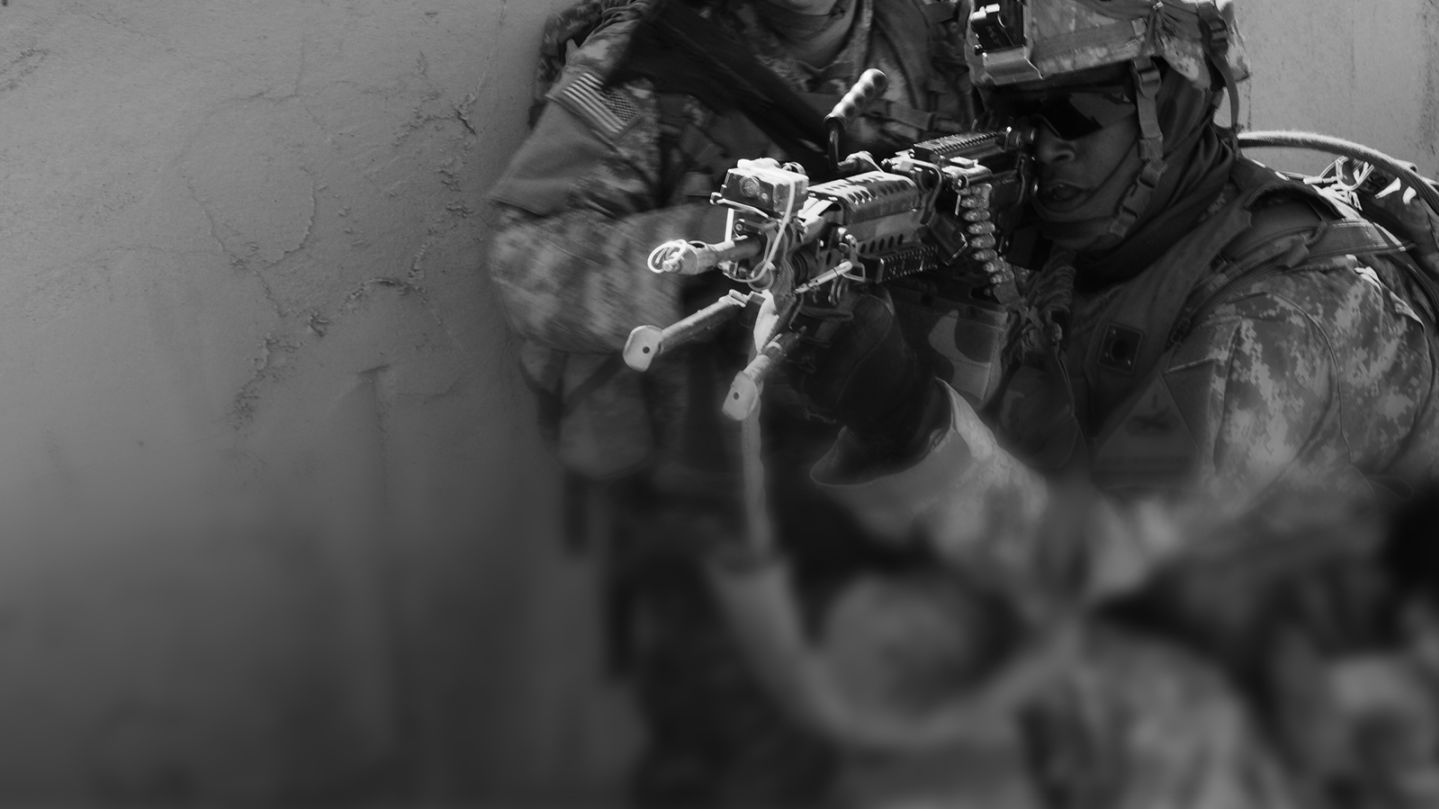The former top American general overseeing operations in the Middle East lambasted President Donald Trump’s Sunday night decision to pull US troops away from the Syrian-Turkish border in the face of an imminent Turkish military offensive against America’s Syrian Kurdish allies, writing on Tuesday that it “could not come at a worse time.”
“The abrupt policy decision to seemingly abandon our Kurdish partners could not come at a worse time. The decision was made without consulting US allies or senior US military leadership and threatens to affect future partnerships at precisely the time we need them most,” retired Gen. Joseph Votel, who led US Central Command from March 2016 to March 2019, wrote in an opinion piece in The Atlantic.
The Pentagon issued a statement Tuesday disputing the notion that Defense Secretary Mark Esper and Chairman of the Joint Chiefs of Staff Gen. Mark Milley had not been involved in conversations leading up to Trump’s announcement.
“Despite continued misreporting to the contrary, Secretary Esper and Chairman Milley were consulted over the last several days by the President regarding the situation and efforts to protect US forces in northern Syria in the face of military action by Turkey,” the Defense Department’s chief spokesman Jonathan Hoffman said in a statement.
Trump’s announcement has received broad criticism from both Republicans and Democrats in Congress.
When Votel took command of US Central Command in 2016, ISIS still controlled vast swaths of Syria and Iraq, including the Syrian and Iraqi cities of Raqqa and Mosul. Votel was instrumental in formulating the strategy that saw the US-backed Iraqi military and Syrian Democratic Forces drive ISIS from all its remaining territory.
The op-ed piece, which was co-written by a former State Department official, Elizabeth Dent, praises the contribution of the Kurdish-led Syrian Democratic Forces to the campaign against ISIS, saying that “Over four years, the SDF freed tens of thousands of square miles and millions of people from the grip of ISIS.”
Syrian Democratic Forces ‘did everything we asked them to do’
“In my humble opinion they are a capable and trustworthy partner and did everything we asked them to do even when it was not something that they necessarily wanted. Beyond that they protected us every day, their dedication to the fight and to our partnership was always evident to me,” Votel said Tuesday of the Syrian Democratic Forces while speaking at the Atlantic Council in Washington.
“It should not go without notice that over 11,000 Syrian Democratic Force soldiers, Kurd and Arab, gave their lives or were wounded in this campaign focused on our objectives and theirs,” he added.
Trump has insisted that his policy does not constitute an abandonment of America’s Syrian Kurdish allies. However, the US had previously convinced the Syrian Democratic Forces to dismantle their defensive fortifications and pull their troops from the border with Turkey. The presence of US forces in the area had convinced the Syrian Democratic Forces to abide by that plan.
While still in uniform Votel had said that he had not recommended Trump’s original decision in December to withdraw US troops from Syria, a move that prompted the resignation of then-Defense Secretary James Mattis. Trump later partially reversed that decision, agreeing to keep a residual US presence in Syria, a decision driven in part by the need to protect America’s Syrian allies.
Votel and Dent wrote that the US military and the Syrian Democratic Forces were able to build a “strong mutual trust” on the ground, but warned that “the sudden policy change this week breaks that trust at the most crucial juncture and leaves our partners with very limited options.”
They said that “the U.S. worked endlessly to placate our Turkish allies” but despite “countless rounds of negotiations” and American and Syrian Democratic Forces commitment to establishing a security mechanism along the border, “Ankara repeatedly reneged on its agreements with the U.S., deeming them inadequate and threatening to invade SDF-held areas, despite the presence of U.S. soldiers.”
“A possible invasion from Turkey against the Kurdish elements of the SDF, coupled with a hasty U.S. departure, now threaten to rapidly destabilize an already fragile security situation in Syria’s northeast, where ISIS’s physical caliphate was only recently defeated,” they wrote.
While Dent and Votel acknowledge that “the Pentagon and White House later clarified that the U.S. was not abandoning the Kurds and did not support a Turkish incursion into Syria,” they said that “it appears the Turks have taken the shift to signal a green light for an attack in the northeast. This policy abandonment threatens to undo five years’ worth of fighting against ISIS and will severely damage American credibility and reliability in any future fights where we need strong allies.”





